1. “I Saw Mommy Kissing Santa Claus”
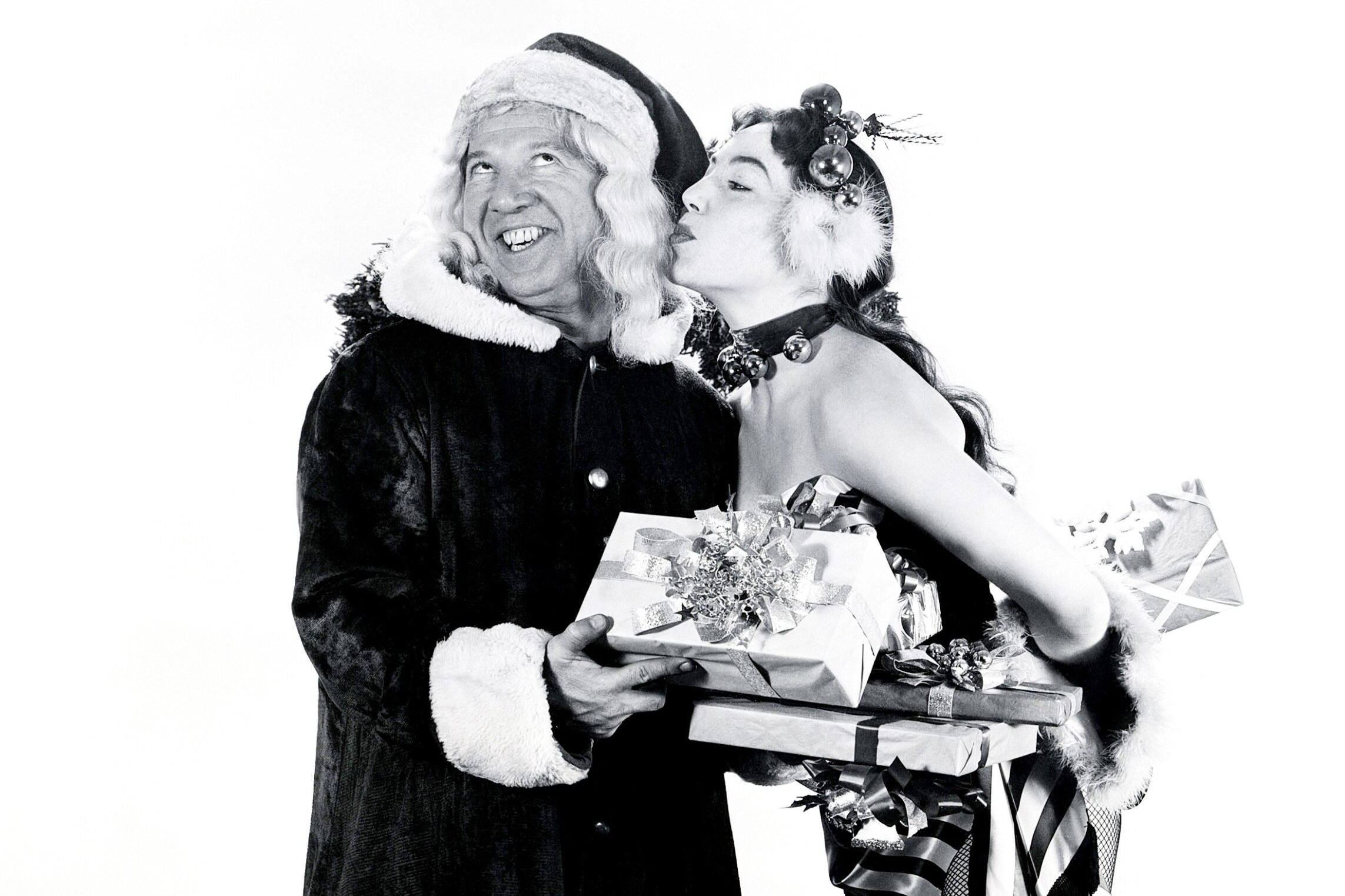
At first glance, this song seems innocent enough, capturing a child’s playful misunderstanding. But dig a little deeper, and some critics argue it’s not quite so harmless. The imagery of a parent sneaking around, even in jest, has led to discussions about the implications for children’s understanding of trust and family dynamics. Could it subtly normalize deceit?
Of course, many listeners laugh it off as a harmless mix-up that plays on a child’s innocence. But in a world increasingly focused on healthy communication and emotional safety for kids, some wonder if songs like this inadvertently muddy the waters. It’s a fun tune, but its impact might not be as straightforward as it seems.
2. “Baby, It’s Cold Outside”
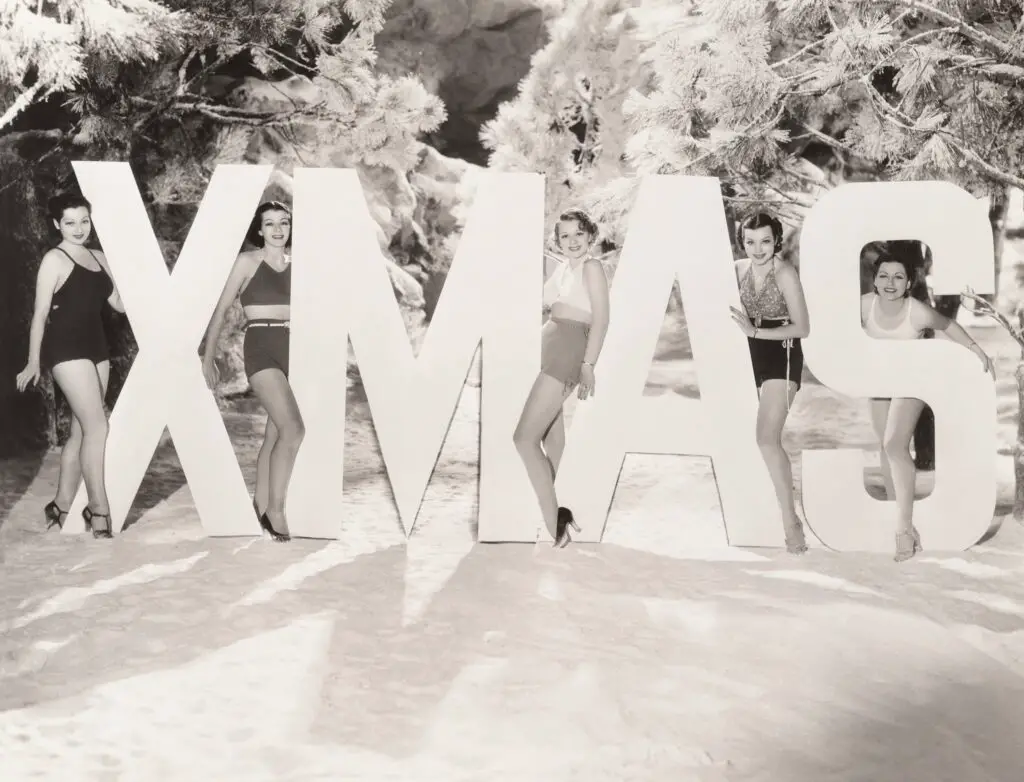
This holiday duet has faced intense scrutiny in recent years for its lyrics, which some interpret as dismissive of consent. Lines like “Say, what’s in this drink?” have particularly raised eyebrows, as they’ve been read as minimizing the idea of someone feeling pressured. The song’s defenders argue that it reflects the flirtatious banter of its time and isn’t meant to be taken literally. Regardless, modern listeners often find its power dynamics troubling, especially when viewed through today’s lens.
Many radio stations have pulled “Baby, It’s Cold Outside” from their playlists, sparking debates about censorship and evolving cultural norms. While some artists have attempted updated versions with reworked lyrics, the original remains a divisive topic. Whether you hear it as playful or problematic, it’s hard to deny that this classic stirs more conversation than holiday cheer these days.
3. “Santa Baby”
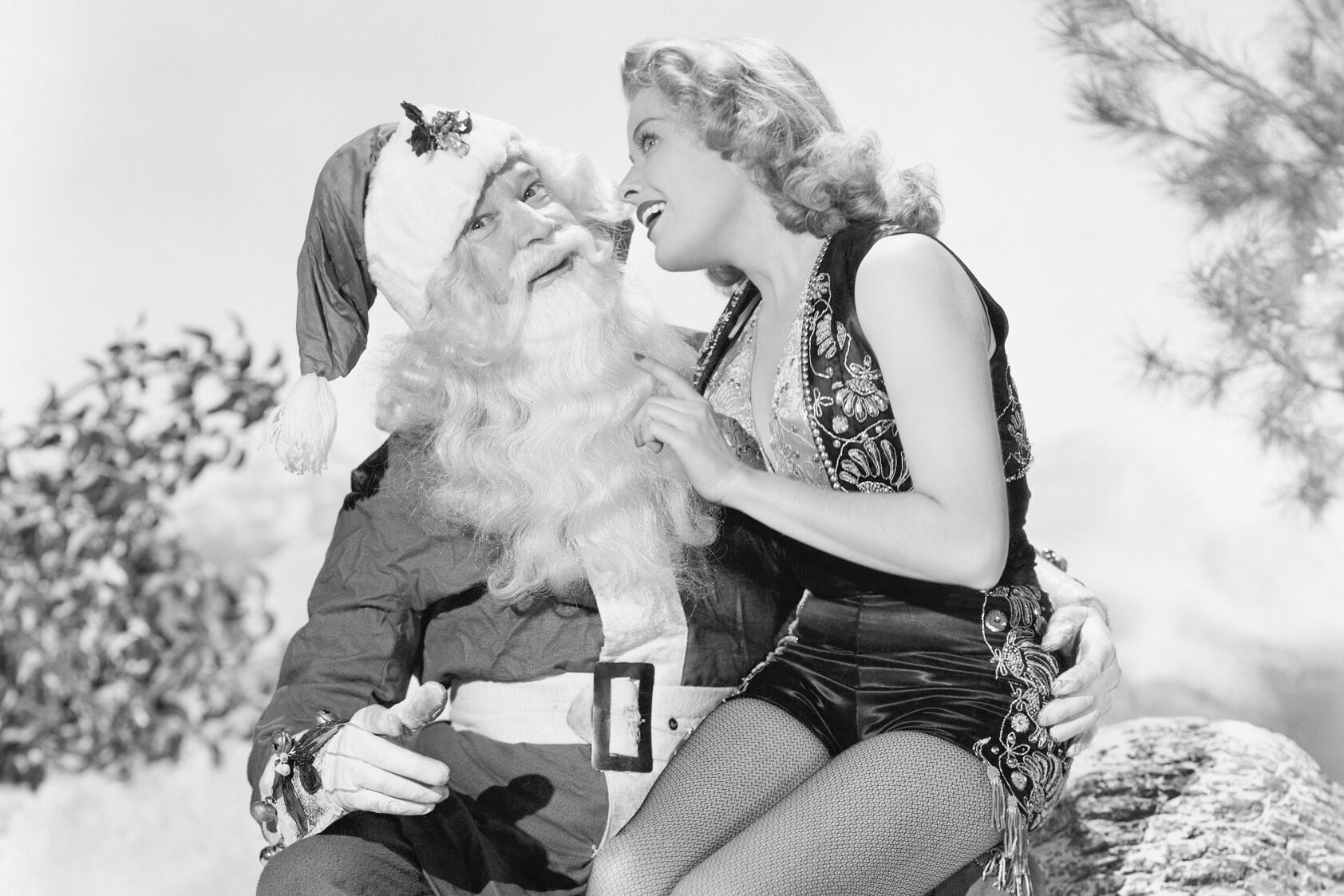
While undeniably catchy, “Santa Baby” has been criticized for perpetuating materialism and gender stereotypes. The sultry tone and lyrics about extravagant gifts suggest a transactional relationship between the singer and Santa. Critics argue this portrayal undermines the spirit of Christmas, reducing it to a wish list for luxury goods.
On the flip side, some defend the song as a playful expression of holiday fun and feminine agency. However, in today’s era of body positivity and rejection of outdated gender roles, its flirtatious tone can feel dated. It’s a classic—but perhaps one that doesn’t align with modern sensibilities.
4. “Do They Know It’s Christmas?”
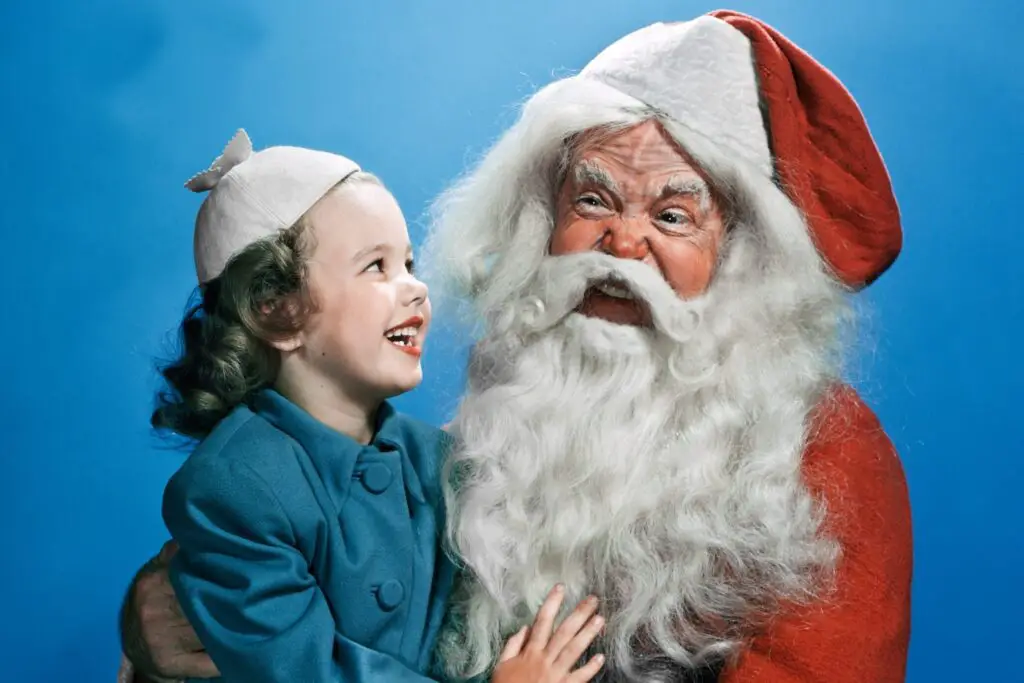
This 1984 Band Aid hit aimed to raise awareness and funds for famine relief in Ethiopia. While its intentions were noble, the lyrics have been criticized as condescending and culturally insensitive. Lines like “There won’t be snow in Africa this Christmas time” paint a simplistic and inaccurate picture of an entire continent.
Modern critics argue that the song reinforces stereotypes and presents a savior narrative that doesn’t do justice to the complexities of global poverty. While it’s still celebrated for its charitable impact, its messaging might not hold up under today’s focus on cultural respect and nuance.
5. “All I Want for Christmas (Is My Two Front Teeth)”
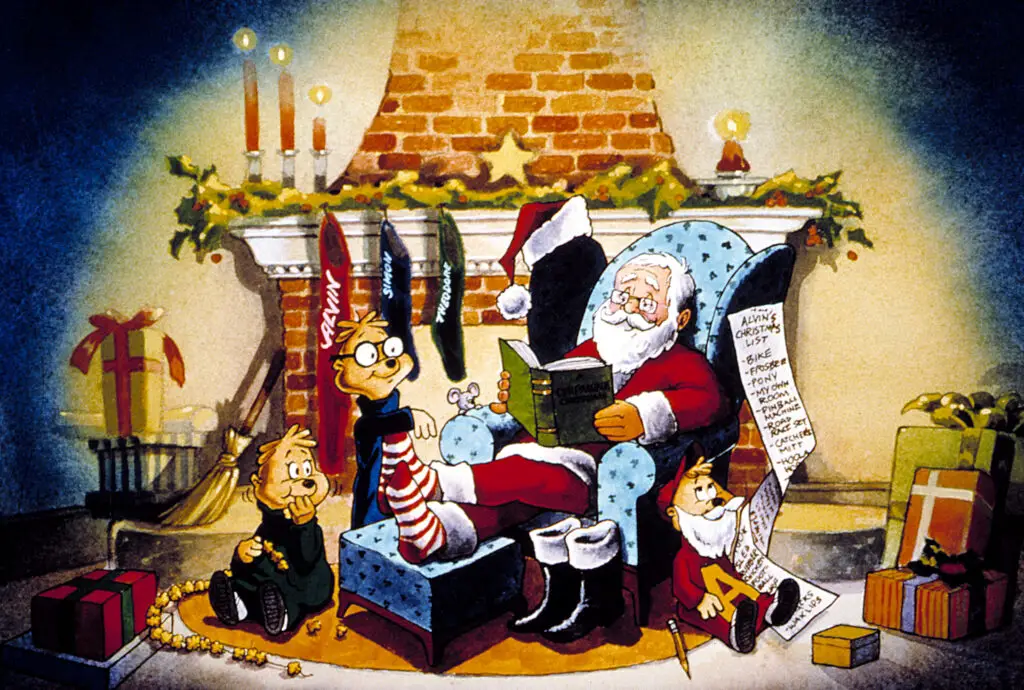
This whimsical tune might seem harmless, but some listeners have raised concerns about its portrayal of children with missing teeth. The exaggerated lisp could be seen as mocking speech impediments, making it uncomfortable for those sensitive to how disabilities are represented.
Though it’s meant to be lighthearted, its humor might not land the same way for modern audiences. As society grows more mindful of inclusivity, even playful songs like this one are subject to reevaluation.
6. “Grandma Got Run Over by a Reindeer”
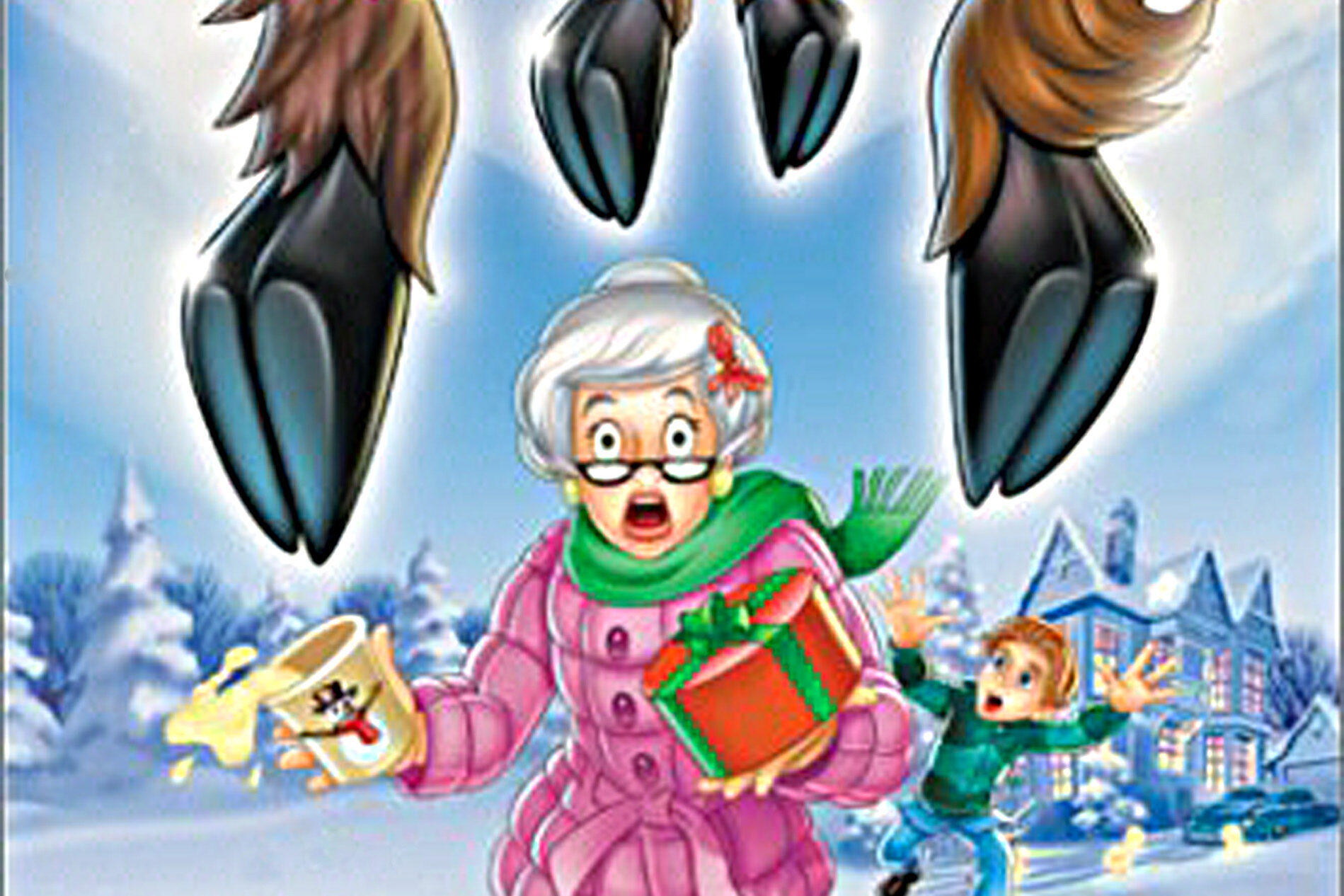
This comedic Christmas song has entertained many with its over-the-top storyline. However, the premise—an elderly family member getting hit by Santa’s sleigh—can feel tasteless. Some argue it makes light of serious accidents and the vulnerability of older adults.
In a world increasingly aware of how humor can impact marginalized groups, the song’s tone might come off as callous. While it’s meant to be absurd, its slapstick nature doesn’t resonate with everyone anymore.
7. “Rudolph the Red-Nosed Reindeer”

A beloved classic, this tale of an outcast finding acceptance has a darker undertone. Critics point out that Rudolph’s peers only embrace him after his nose proves useful, suggesting conditional acceptance. This has sparked conversations about the messages it sends about bullying and self-worth.
While it’s a charming story of triumph, the emphasis on utility over intrinsic value feels out of step with modern values of unconditional inclusion. Rudolph’s journey may inspire, but it’s worth questioning whether its moral fully holds up today.
8. “It’s Beginning to Look a Lot Like Christmas”
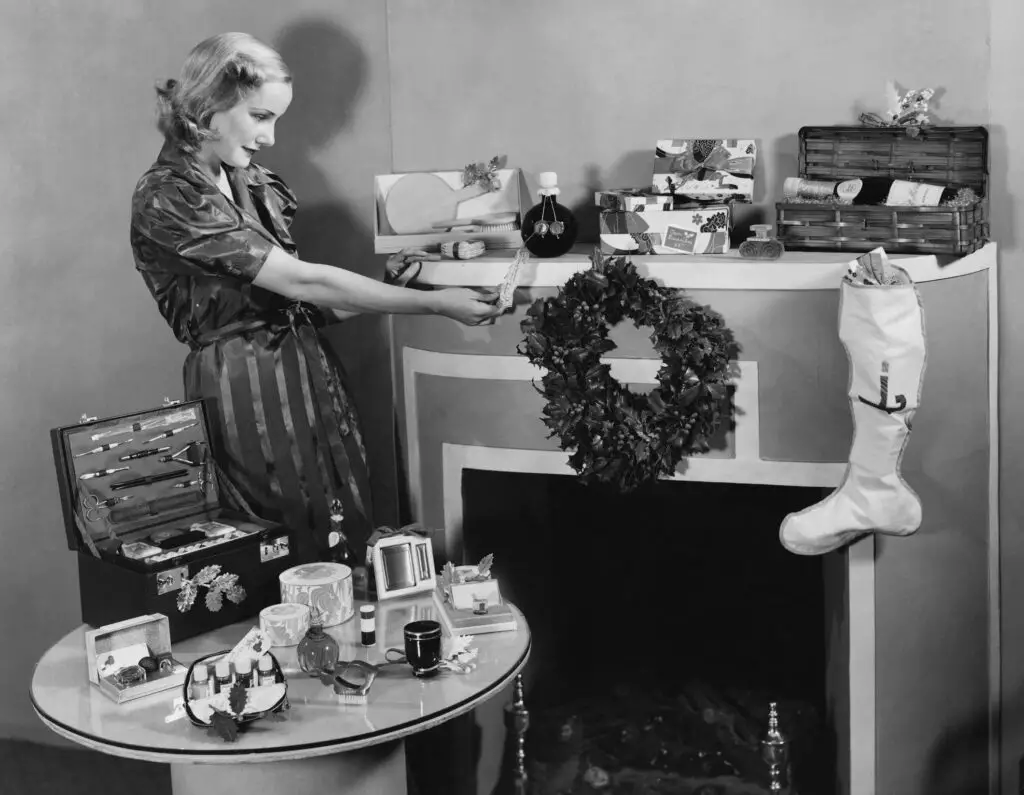
This cheerful tune is a holiday staple, but its lyrics emphasize a very specific, traditional idea of Christmas. The focus on certain toys and family setups can feel exclusionary to those who don’t fit the mold. Critics argue it inadvertently upholds materialism and narrow definitions of the holiday spirit.
While undeniably festive, the song’s nostalgic tone might not resonate with everyone. As society broadens its understanding of diverse family structures and experiences, some feel its vision of Christmas is too narrow.
9. “Frosty the Snowman”

“Frosty the Snowman” might seem like harmless fun, but some have critiqued its portrayal of magic and rebellion. Frosty’s playful disregard for authority—like leading children through town—has been interpreted as encouraging misbehavior. Though the critique is lighthearted, it’s part of a broader conversation about how media influences children.
Others argue that Frosty’s charm lies in his free-spirited nature and that it’s a stretch to see harm in his antics. Still, the song’s messaging—like all classics—gets a closer look in today’s age of hyper-awareness.
10. “Jingle Bell Rock”

This song is a quintessential holiday hit, but its lyrics have been critiqued for reinforcing narrow definitions of fun and celebration. Phrases like “giddy-up” and “jingle horse” are playful but might feel out of sync with audiences who seek more inclusive and less traditional imagery.
While it’s a staple on holiday playlists, it’s worth considering whether the song’s tone and imagery fully align with today’s diverse celebrations. Nostalgia aside, not everyone resonates with its depiction of what the holidays should look like.
11. “Here Comes Santa Claus”
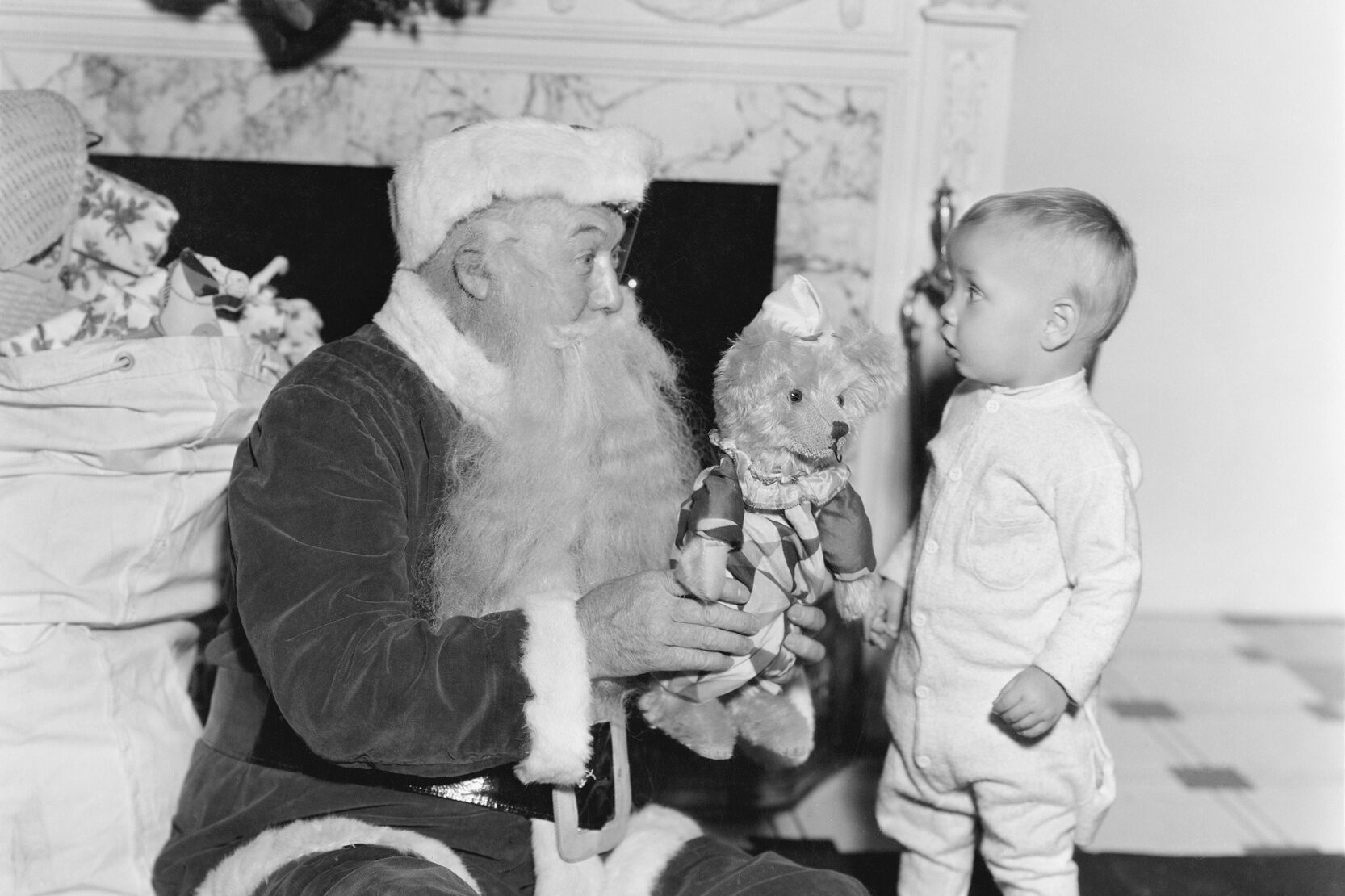
This cheerful tune celebrates Santa’s arrival but has been criticized for its strong focus on material gifts. The lyrics’ emphasis on “toys and goodies” might feel overly consumerist, detracting from the deeper meanings of the holiday season.
Critics argue that as society grows more mindful of sustainability and non-materialistic joy, songs like this might feel outdated. It’s a fun tune but raises questions about what we’re teaching kids to value.
12. “We Wish You a Merry Christmas”
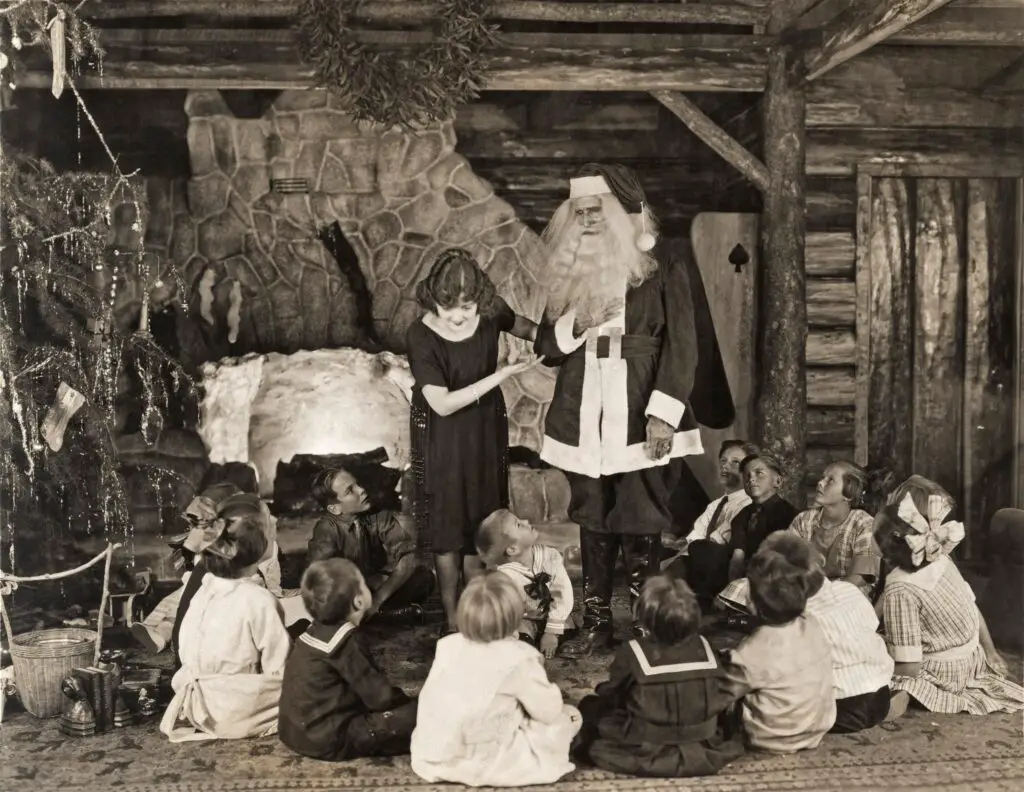
This seemingly simple carol has drawn critiques for its lyrics demanding “figgy pudding.” The insistence on receiving the dessert, combined with the refusal to leave until it’s provided, can feel entitled and out of place in modern discussions about gratitude and generosity.
While it’s mostly viewed as harmless fun, the song’s playful tone might not resonate with all listeners anymore. It’s a reminder of how even the most traditional carols can prompt reflection.
13. “Blue Christmas”
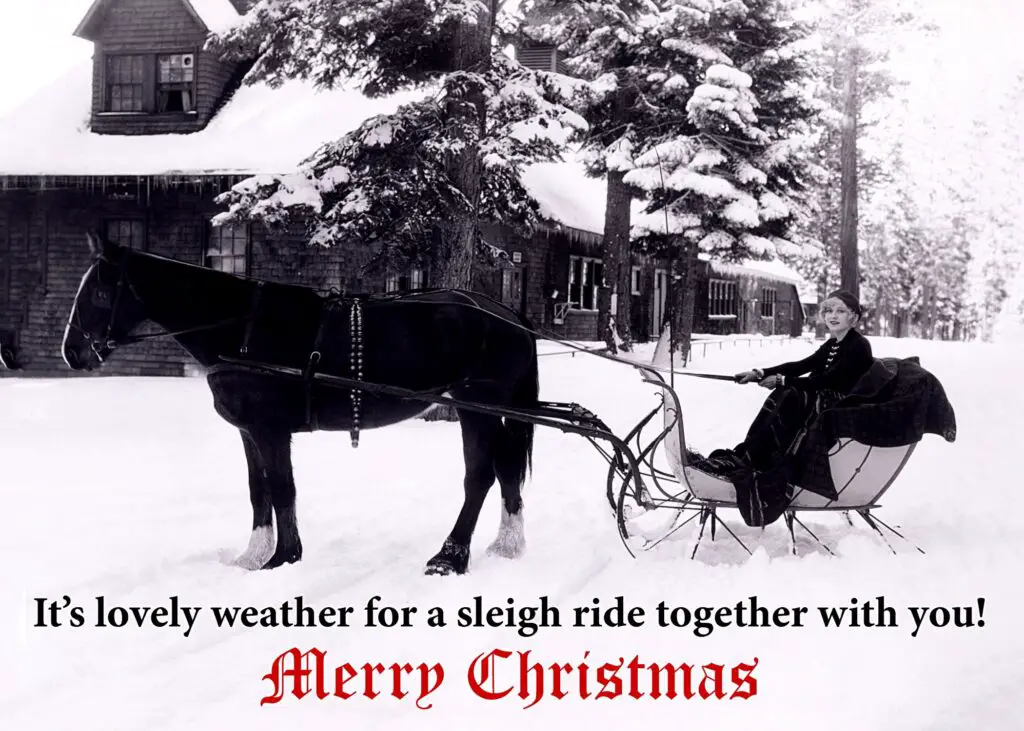
Elvis Presley’s classic croon about holiday heartbreak has faced criticism for its somber tone during what’s supposed to be a joyous season. Some argue it perpetuates the idea that holidays must be picture-perfect, causing undue stress for those feeling less than festive.
While it resonates with many who feel melancholic, the song’s focus on personal sadness might feel at odds with messages of hope and togetherness. It’s a classic—but not necessarily uplifting.
14. “Deck the Halls”
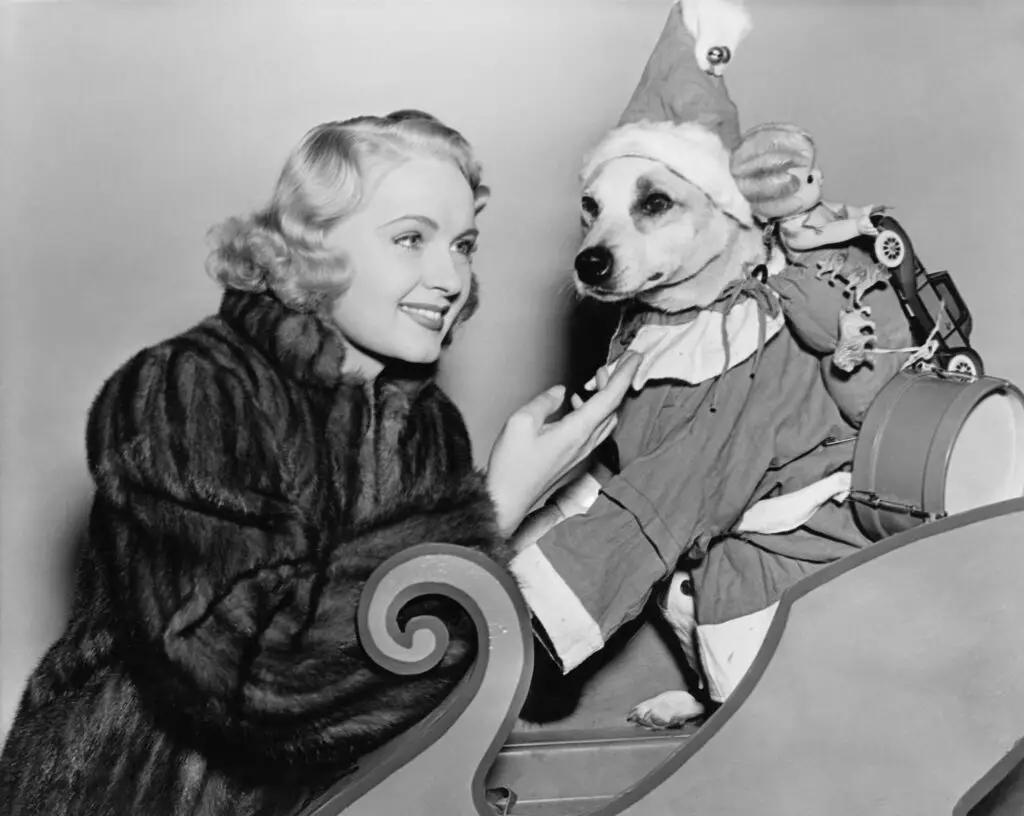
This cheerful tune includes the line “Don we now our gay apparel,” which has sparked debates over modern interpretations of the word “gay.” While it originally meant “joyful,” some listeners find it distracting or ripe for misinterpretation.
Though the lyrics are rooted in tradition, they highlight how language evolves. It’s a lighthearted carol, but one that occasionally raises eyebrows in contemporary contexts.
15. “The Christmas Song”
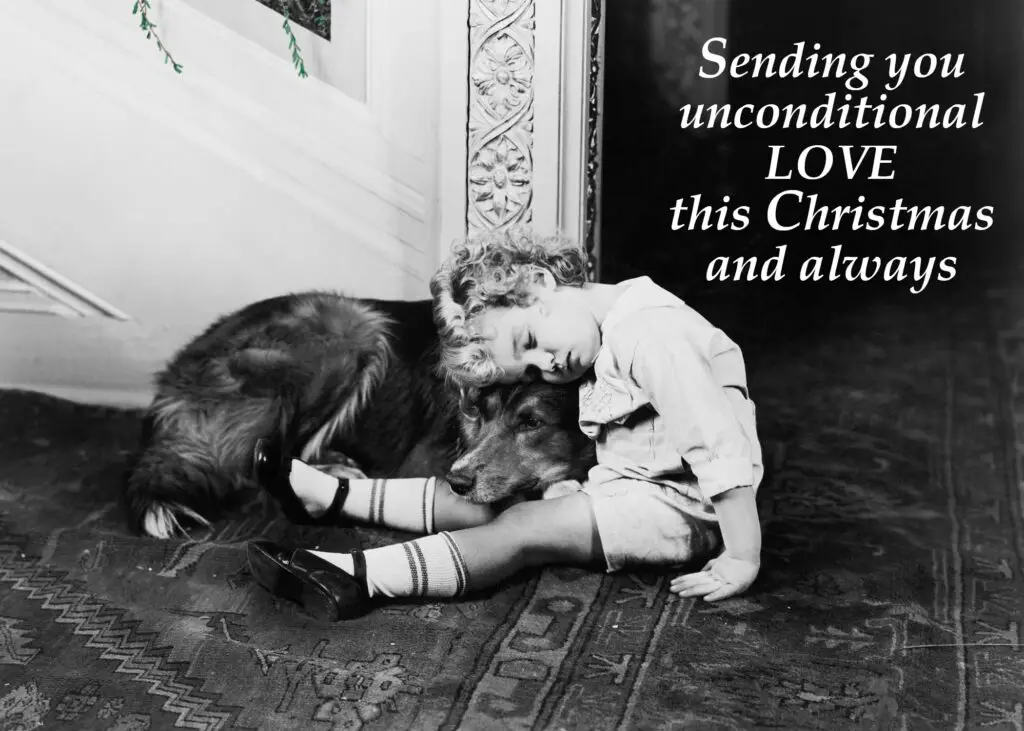
Also known as “Chestnuts Roasting on an Open Fire,” this classic paints an idyllic picture of Christmas. However, some argue that its imagery is overly idealized, excluding those who don’t celebrate the holiday or experience wintry settings.
While it’s beloved for its warmth, the song’s specific vision of Christmas might not feel universal. It’s a nostalgic favorite, but one that invites reflection on inclusivity.
16. “Good King Wenceslas”
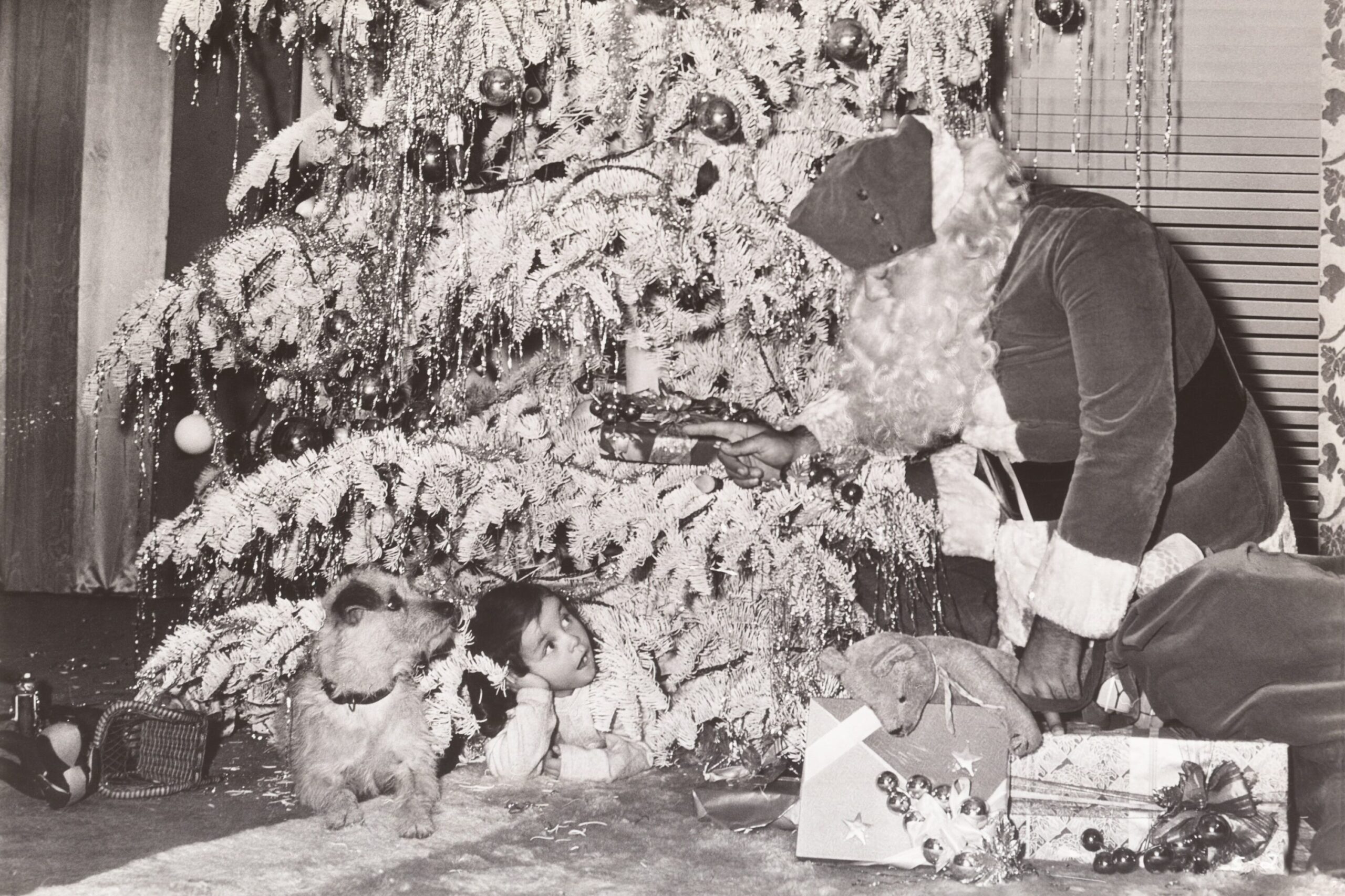
This carol celebrates the kindness of a king who helps the poor, but some critiques focus on its savior narrative. The lyrics emphasize charity from a position of privilege, which might feel outdated in today’s discussions about equity and systemic change.
While its intentions are noble, the framing of the song raises questions about how we approach helping others. It’s a meaningful story but worth reexamining in light of modern values.
17. “Winter Wonderland”
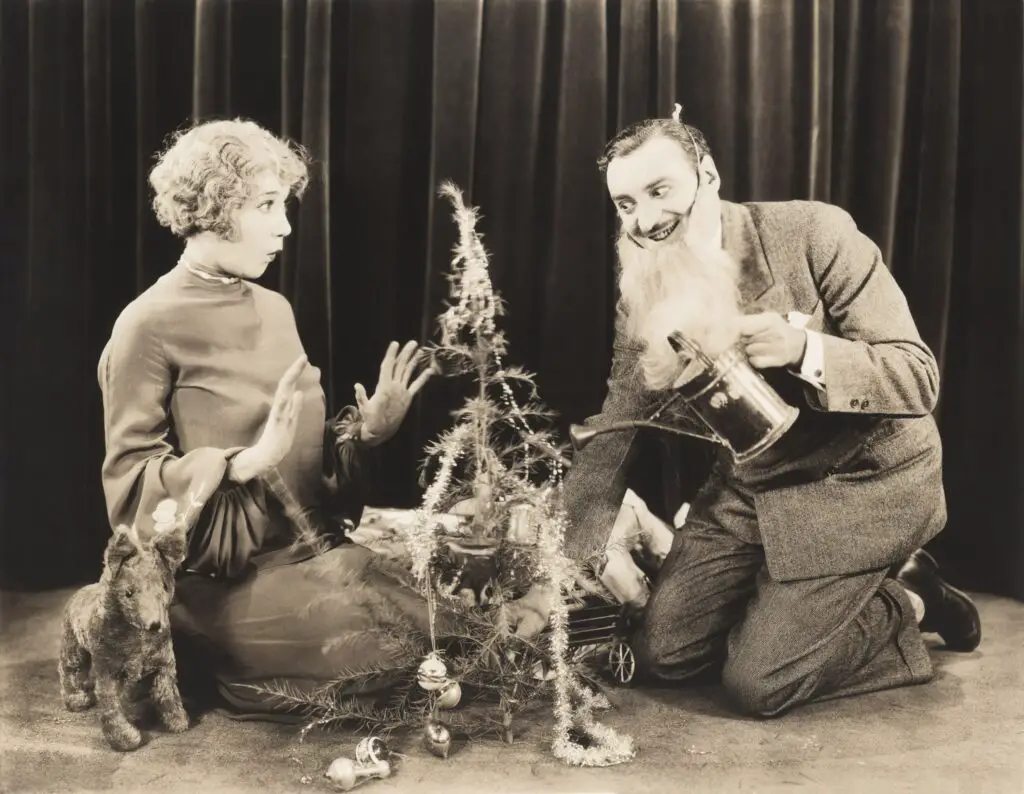
“Winter Wonderland” might seem like pure holiday cheer, but its lyrics about “Parson Brown” marrying couples on the spot have raised eyebrows. Critics argue it trivializes commitment and marriage, reducing them to whimsical acts.
While most listeners don’t take it seriously, the song’s casual tone about significant life decisions stands out in today’s culture of mindfulness and intention. It’s a festive favorite, but one that reflects a different era.
Sources: NPR, The Guardian, Rolling Stone
